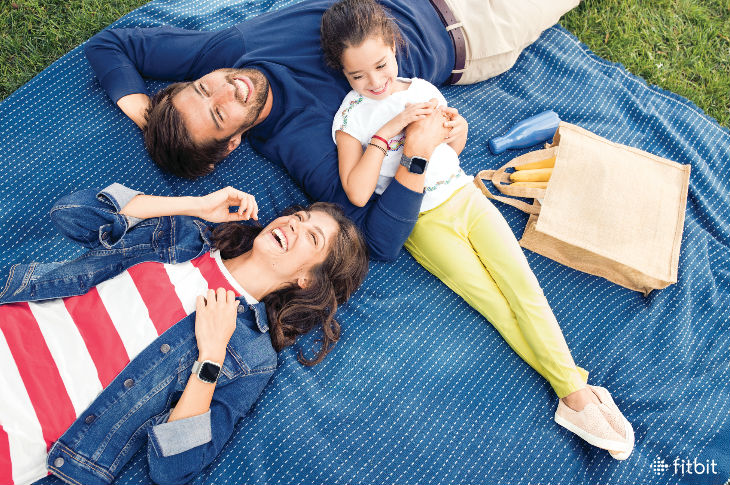
What made you happy before the pandemic? Dining at an upscale restaurant? Taking a tropical vacation? Now think about what you couldn’t wait to do when you were sheltering in place. You probably didn’t miss going to a restaurant as much as seeing the friends whom you normally met for dinner.
During the pandemic, many people’s priorities shifted, with greater emphasis on connections with partners and live-in family members, as well as relationships with friends and relatives who live in different households. Instead of thinking, “I can’t wait to travel somewhere exotic when this is all over,” more people began thinking, “I can’t wait to hug my mom (or friend) when this is all over.”
Research has shown that developing deep, meaningful connections with others brings joy. While isolating at home, with fewer distractions, many people have come to this realization.
“Feeling connected to others is, I think, maybe the most important contributor to happiness and what makes life worth living,” says Sonja Lyubomirsky, PhD, distinguished professor and vice chair of psychology at the University of California, Riverside. “When people hear that, they think, ‘Oh, that’s obvious.’ But it doesn’t mean that we actually practice it in our daily life. [But] a crisis or tragedy or trauma makes people think like, ‘Okay, what are my true priorities in life?’ And so maybe it makes people realize, ‘Maybe my relationships are more important to me.’”
An emphasis on relationships during lockdowns
If you spent more time than usual texting, calling, or video-chatting with friends and family while sheltering at home, you know firsthand that keeping in touch with loved ones may help you better cope with life under lockdown.
“Social relationships have become very precious to us in this pandemic environment,” says Doug Uhlig, PhD, a licensed psychologist in New York City. “Social isolation and loneliness have become some of the primary enemies brought about by this virus.”
Researchers, including Lyubomirsky, compared shifts in happiness levels before and during the pandemic by surveying the same people between February and April about their feelings of social connectedness. In this study, researchers correlated people’s reported feelings of social connectedness—or not—with their personal happiness levels. The more connected they felt, the happier they usually were. The researchers found that people still felt socially connected to their loved ones while sheltering at home, likely because of their use of technology to stay in touch with people who mattered to them.
When the researchers studied people’s feelings about social connectedness with household members during the pandemic, they found that some people experienced relationship conflict or tension while sheltering at home, although more good than bad resulted from people nurturing their relationships; many people grew closer and enjoyed each other’s company.
“We actually asked them [to describe] positive relationship changes in your life and describe negative ones,” says Lyubomirsky, one of the study authors, “and the positives were more positive than the negatives were negative.”
In a separate study, researchers at the Happiness Research Institute in Copenhagen surveyed the same 2,000 individuals multiple times between April and July to gauge people’s happiness levels over time during the pandemic. They found that life satisfaction fell due to loneliness and COVID-19-related fears, but they also learned that communicating with friends and relatives has helped people to stay more positive.
“The importance of friendships and family has again been proven,” says Alexander Gamerdinger, an analyst at the Happiness Research Institute. “The best advice is to sustain friendships and sustain relationships with our family members or people that you have good memories with… Thankfully, we have technology that can help us to still remain in contact.”
This information is for educational purposes only and is not intended as a substitute for medical diagnosis or treatment. You should not use this information to diagnose or treat a health problem or condition. Always check with your doctor before changing your diet, altering your sleep habits, taking supplements, or starting a new fitness routine.

If you have questions about a Fitbit tracker, product availability, or the status of your order, contact our Support Team or search the Fitbit Community for answers.
Please note: Comments are moderated and may not appear immediately after submission.